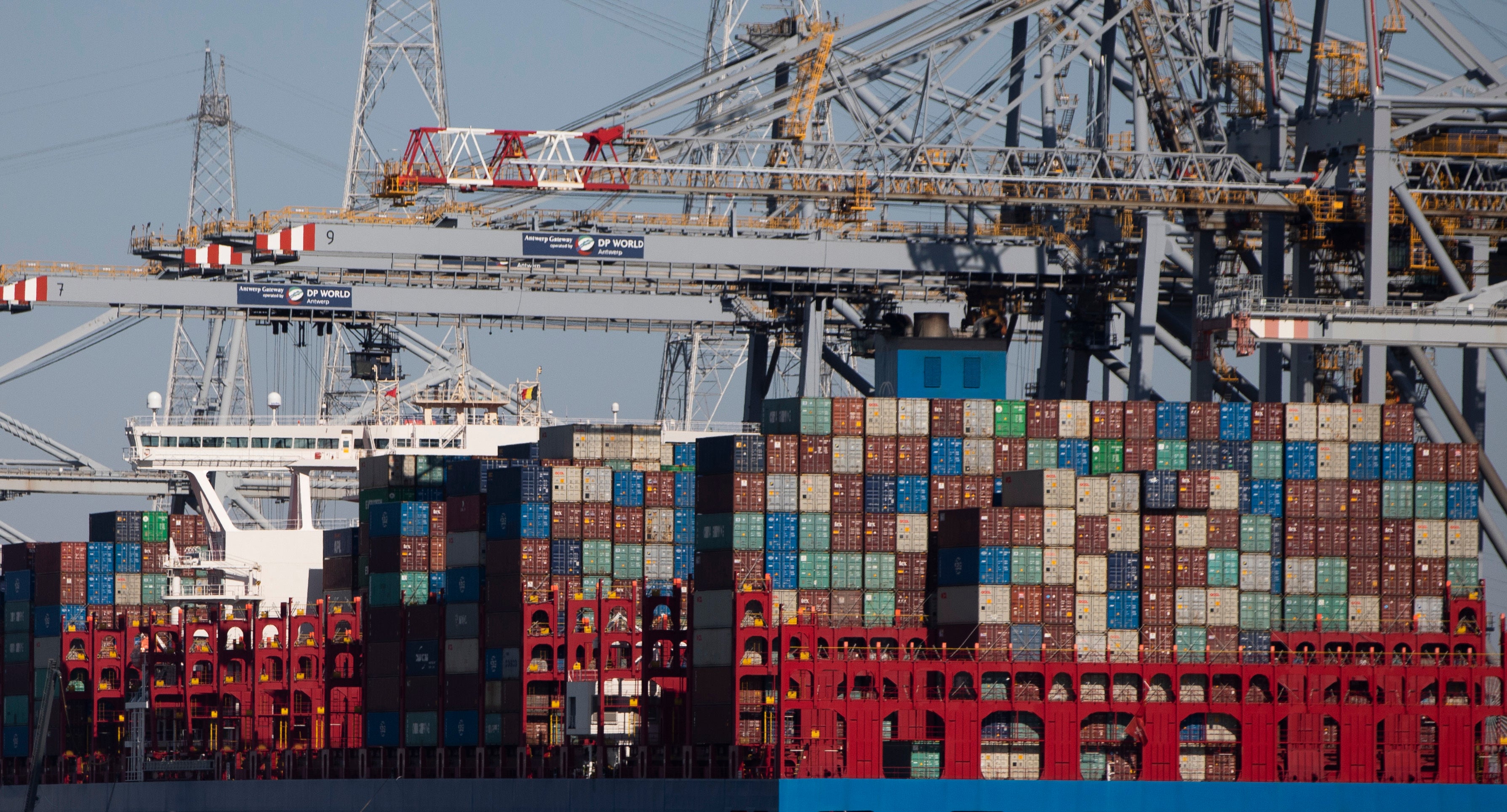World economy to bounce back from pandemic next year but developing nations left behind, OECD forecasts
Recovery will be uneven and future UK growth reduced by pandemic, report indicates

Most rich countries will see their economies recover to pre-pandemic levels next year but progress is likely to be uneven, and some nations risk being left behind, the Organisation for Economic Cooperation and Development (OECD) has said.
The Paris-based club of wealthy nations said that progress on vaccinations in many advanced economies meant global growth would be stronger than previously thought. It said that growth was being driven by a “rebound of consumption, notably of services”.
Gross domestic product (GDP) – a measure of the total goods and services produced – will grow 5.8 per cent this year, the OECD forecast in its latest economic update. In December it had predicted 4.2 per cent growth.
The recovery has been spurred partly by US president Joe Biden’s ambitious spending plans, which will see the US economy grow faster than was predicted even before the pandemic, the OECD said.
Despite the rosier outlook, global GDP is still predicted to be £3 trillion lower next year than it would have been without the Covid pandemic.
The UK economy is expected to grow 7.2 per cent this year and 5.5 per cent in 2022, due to the success of the vaccination rollout and the easing of lockdown restrictions.
However, the OECD forecasts that the UK’s longer-term economic growth will be damaged by the pandemic. It predicts that the UK could face a larger decline in potential future growth among the G7 group of countries.
The organisation said the recovery will be uneven, with countries that have successfully vaccinated their populations bouncing back more quickly.
While Korea and the US are already back to their pre-pandemic income levels, much of Europe is expected to take an additional year to recover. Korea kept case numbers low with an efficient system for tracking Covid-19 cases and containing outbreaks.
Less wealthy nations that have been unable to quickly vaccinate people, including Mexico and South Africa, could take three to five years to recover, the OECD warned.
“As long as a large proportion of the world’s population is not vaccinated and the risk of new outbreaks remains, the recovery will be uneven and remain vulnerable to fresh setbacks,” the report stated.
“Some targeted restrictions on mobility and activity may still need to be maintained, particularly on cross‑border travel. This will affect the prospects for a full recovery in all countries, even for those with a fast vaccine rollout or low infection rates.”
It added: “Keeping up the pace of vaccinations and responding to emerging virus mutations are key challenges going forward.”
Chief economist Laurence Boone said that the OECD’s latest projections could give “hope” to people in countries hard-hit by the pandemic, who may soon be able to return to work and begin living normally again.
She added: “But we are at a critical stage of the recovery.
“Vaccination production and distribution have to accelerate globally and be backed by effective public health strategies.
“Stronger international cooperation is needed to provide low-income countries with the resources – medical and financial – required to vaccinate their populations.
“Trade in healthcare products must be allowed to flow free of restrictions.”
Responding to the outlook, chancellor Rishi Sunak said: “The strength of the UK’s growth forecast is testament to the ongoing success of our vaccine rollout and evidence that our plan for jobs is working.
“It is great to see some early signs that the UK is bouncing back from the pandemic, but with debt at nearly 100 per cent of GDP, we must also ensure public finances remain on a sure footing.
"That’s why at the Budget in March I set out steps we will take to bring debt under control over the medium term, ensuring our future recovery is sustainable.”
Join our commenting forum
Join thought-provoking conversations, follow other Independent readers and see their replies
Comments
Bookmark popover
Removed from bookmarks